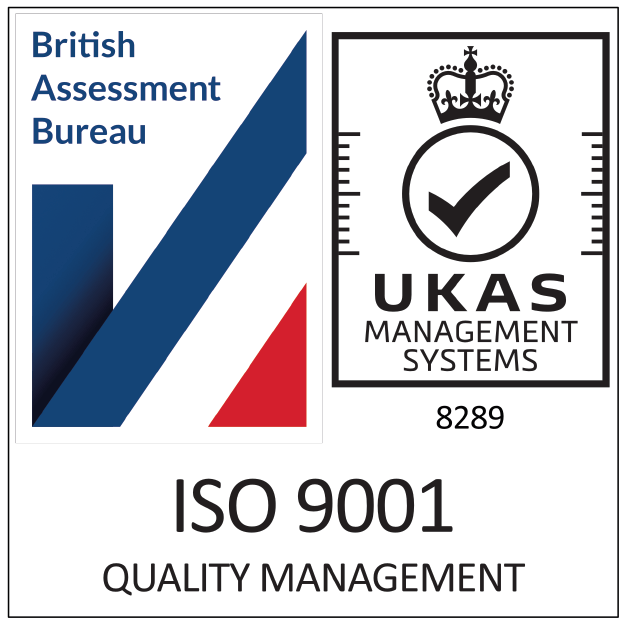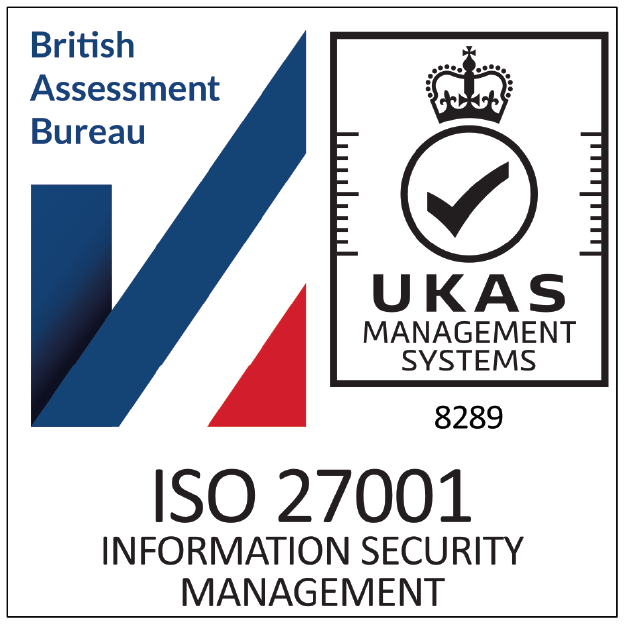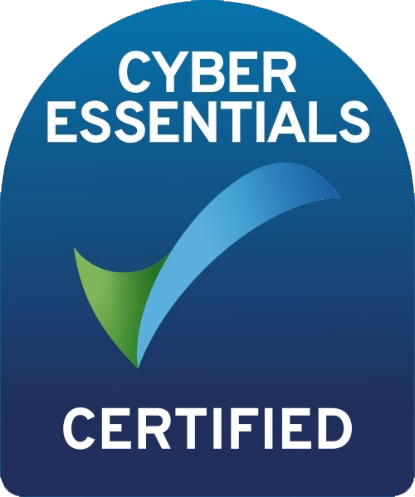By Paul Durbin (Account Manager)
Whenever anyone looks at purchasing a service, the common saying is “You can have this done well, quickly or cheaply – pick two”.
What the buying decision then comes down to is, which of these three sides matters the least.
It’s also worth noting that any software has two facets; the product and the implementation, each is as important as the other and should feed into your buying decision.
Quick vs Slow
Outside of raw system performance, the “quickly” part of the triangle mostly refers to implementation. Whilst there are a few pick-up-and-play options, outside of the really basic systems some amount of consultation and user training is to be expected.
This ranges from self-serve options, with text or video guides, to tailored business-analysis-driven consultation.
Every organization is different, so a good implementation should at least have some consultation attached to it to ensure that the product, once set up, meets your current – and future – needs.
Whilst self-serve, or shared-session training is often cheaper, it can never be bespoke and therefore might end up being a slower process as you figure it out as you go along.
On the other hand, a fully configured and tailored system that is given to you ready-to-use will be more expensive, and quicker to get going with. However, as all the decisions are likely made for you, you seldom have ownership of your system and are then tethered to your supplier in case of any changes.
Artifax takes a consultative approach, which we believe straddles the two nicely; we carry out the business analysis, but then train you how to build your system so it meets your needs, and you’re empowered to change the system as-and-when required.
Functionality
With software, not just venue management software, what counts as “doing the job well” is quite a sliding scale, from pay-as-you-go true SaaS solutions offering simple room booking capabilities, to custom-built, enterprise level solutions which offer everything and more.
Looking at how well the system works is largely dependent on how well it was implemented. You could have the most comprehensive system going, but if no one knows how to use it, or it’s not configured to give you the reports you need – it isn’t going to save you any time nor will it give you the benefits you purchased it for.
Functionality is often the focus of procurement or tender exercises.
Our view is that this is the worst way to buy a piece of software, as scoring tends to be very black or white. Whereas the “how” a piece of software does something is often more crucial than whether it simply can do it or not.
Some examples below that you see in most Venue Management systems tenders:
Data-capture fields
Letting you create a data-capture box specific to you is very common. Being able to create a field that accepts text is very flexible as you can use it for anything, but being able to limit these fields to drop-downs, numbers, check-boxes, dates etc. ensures much better data accuracy and therefore better reporting.
On a “Yes / No” question, both are a “yes”, but the latter is the much better option.
Pricing
Being able to enter the price of a room or resource by typing it in is very fast, however this also opens up plenty of room for error, whereas asking people to select which rate card to apply and then calculating the price automatically can save you lots of time and effort in the future.
It also opens up deeper reporting, looking at revenue streams, discounts and budget codes.
Again, both options would tick the “Can you capture prices to generate a quote?” question, but one is a much better way of achieving this.
Price vs. Value
The mistake when looking at the price of a system, both the yearly costs and the implementation fee is to not consider the overall value of the product.
It can be a simple matter of asking “why” a supplier charges more (or less) than their competitors.
Do they have data-security credentials such as ISO27001 or CyberEssentials? If so, those take time and money to achieve and retain.
How much extra are you willing to pay to ensure your data is secure?
Is their implementation cheaper as it’s largely self-service? Is there an extra cost if you want to have specific 1:1 consultations?
As all venue management systems are efficiency tools, it can be a relatively simply equation to work out how much time (and therefore money) a particular feature is worth to you.
If System A costs £2,000 more per year than System B, but means you are saving 20 hours every month not having to manually input invoice lines into a finance system, and removes the risk of errors being made and the time spent correcting these errors, is that worth the extra to you?
What if it was £3,000 more, but also meant reports were automatically sent out to those that need them, so you aren’t relying on someone having to manually create and send them?
The “price” then becomes more of a value proposition; how much more is it worth to you, to be able to do X?
It’s also worth considering whether you would be paying for something you don’t need. 24/7 support sounds great, but realistically how often will you need this? If you use it once every 3 years, is it worth paying an annual charge for, or is an as-needed basis preferable?-
Most software has an average lifespan at a company of 7 years, so decisions made now should be considered with longer term goals in mind.
Bringing it all together – why “price” is irrelevant
Despite it seeming a fairly modular choice, all three sides of the triangle can blur together.
Doing something “well” can also make a process “fast”, just as doing something badly can take you more time (and so cost you money).
Saving money by not opting for a specific feature, may cost you more money in the long run if you end up doing something manually, or having to correct numerous mistakes every week.
If it takes you 1 year to get the system up-and-running, was it worth saving money on implementation if you’re paying for software you’ve not been able to use?
So, when considering your options – don’t just look at the price, consider the value.
Obviously budgets exist, and we’re not saying the bottom line is irrelevant – just that the price should not be looked at independently.







